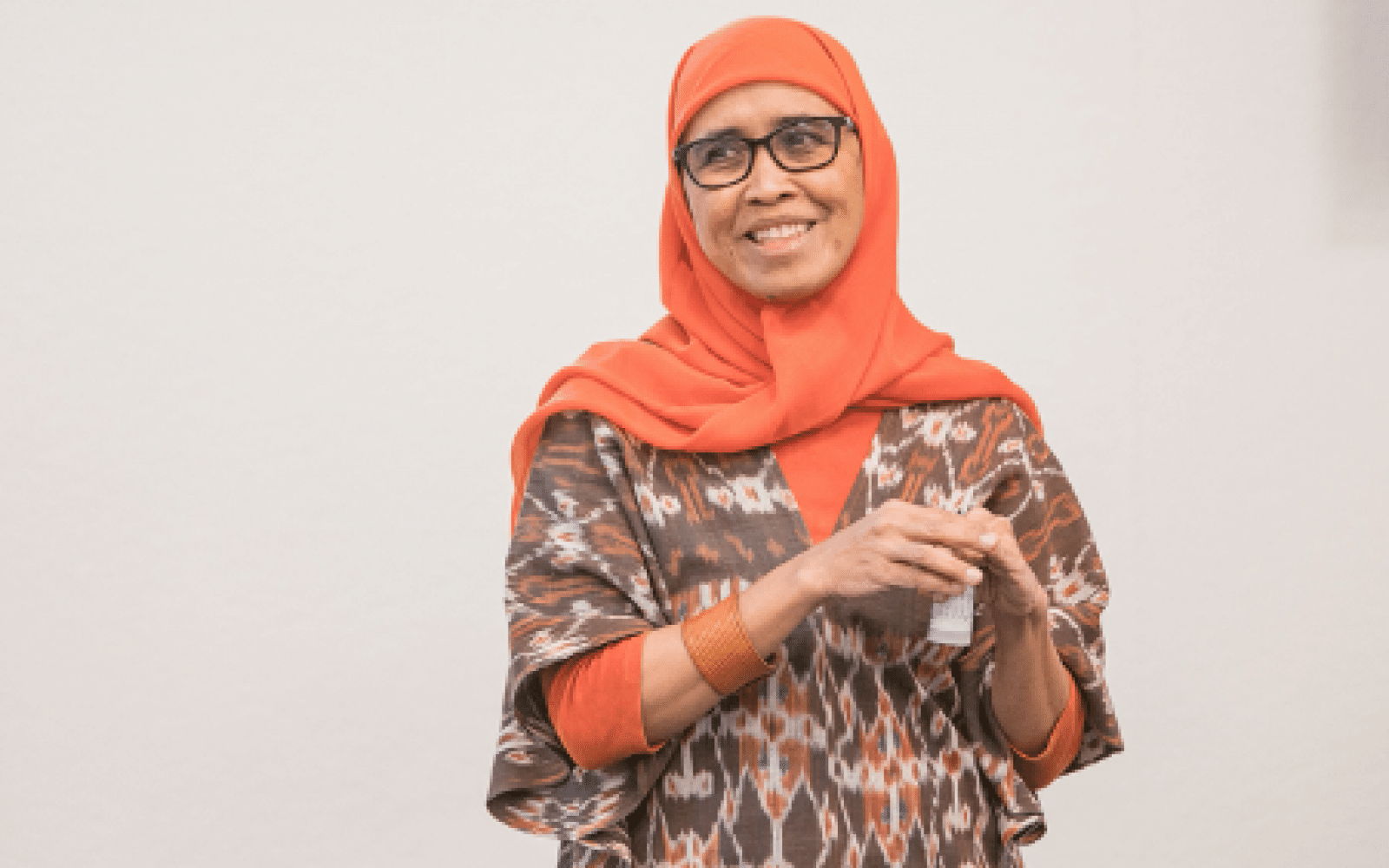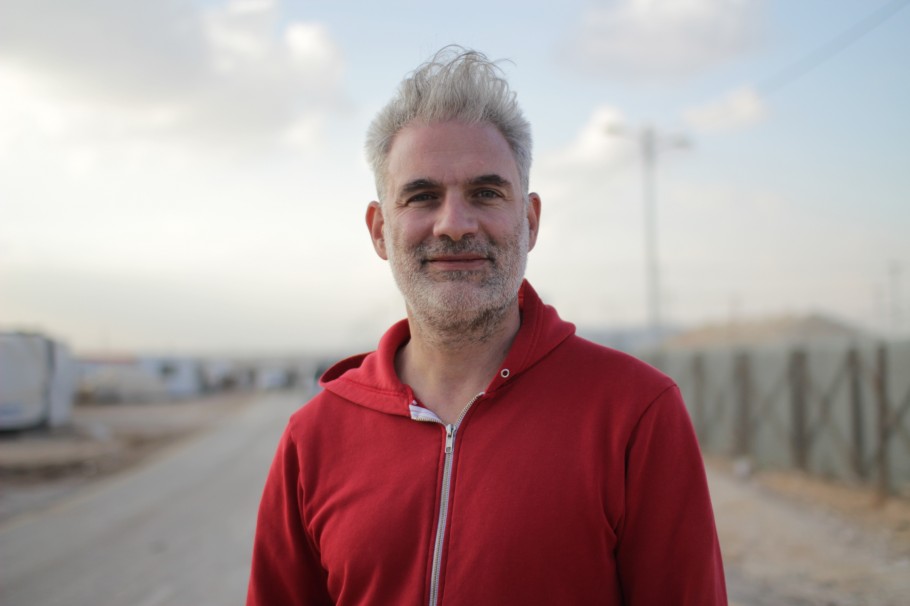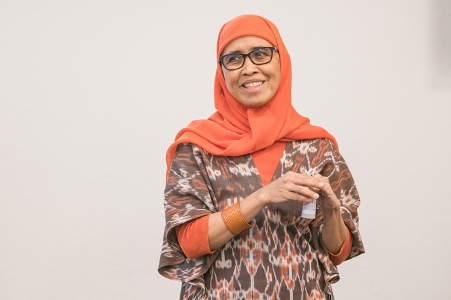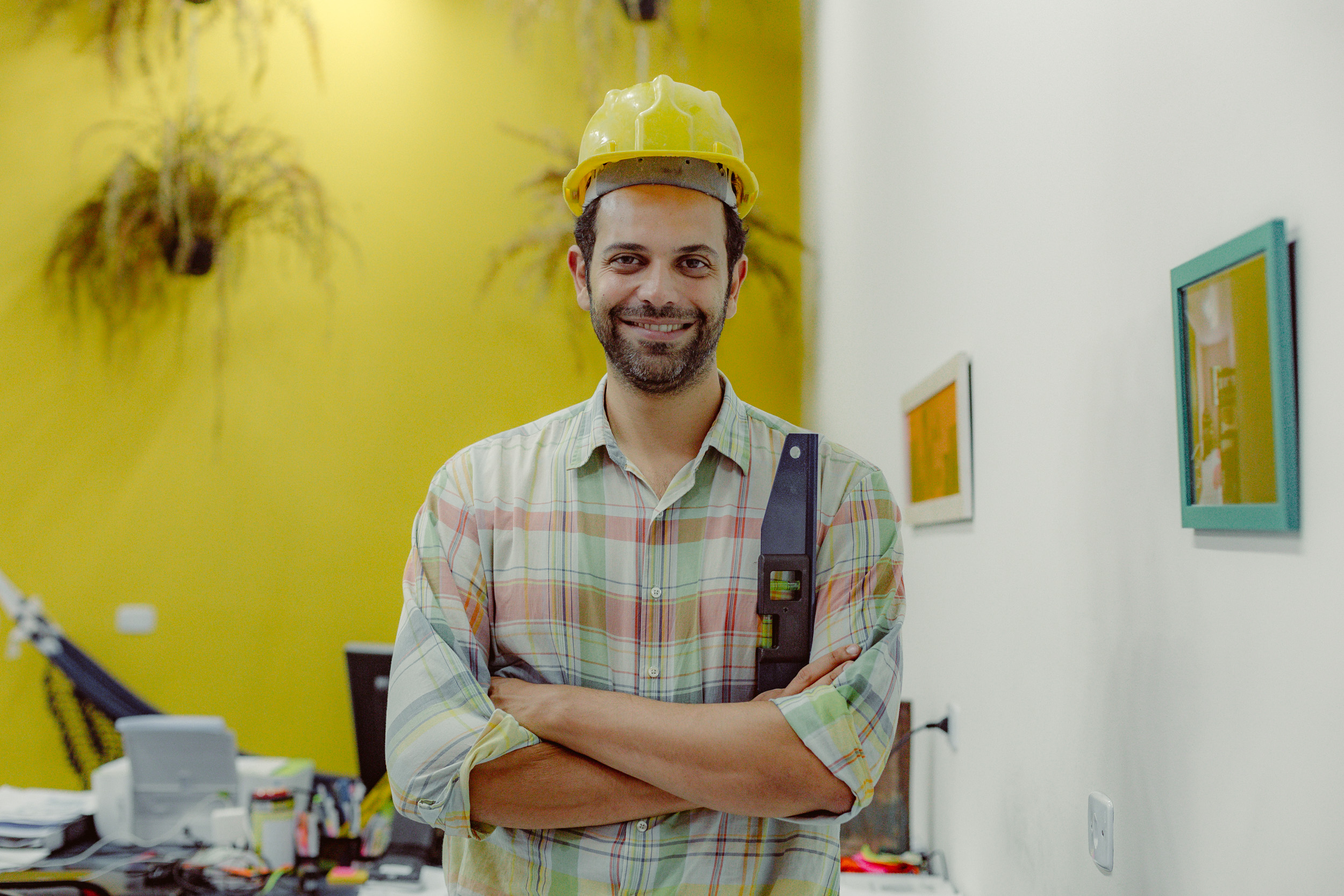Three leading Social Entrepreneurs receive a EUR30k grant after participating in the Dela programme

In these challenging times, coping with rapid changes to overcome uncertainty is the key to create a better everyday life for as many people as possible. Through the Dela programme, IKEA Social Entrepreneurship and Ashoka have been confronting these challenges by co-creating a global initiative, the Dela programme, which supports social entrepreneurs to find, strengthen and scale innovative solutions to achieve a bigger positive impact on society.
During the first accelerator programme, IKEA co-workers, business leaders, implementation partners and social entrepreneurs have exchanged knowledge and inspired each other to improve the lives of vulnerable and marginalized people on a local, regional and global scale. As a result, three of the social entrepreneurs who completed the Dela programme have received a grant of 30 000 € which is helping them to overcome financial constraints and implement their innovative solutions towards greater impact and large-scale systemic change.

Daniel Kerber is one of the social entrepreneurs who received the Dela grant. Daniel is the founder of MORE THAN SHELTERS (MTS), an organization that creates safe spaces for refugees and displaced people while encouraging them to actively shape their own future.
As a response to the rise in the average time spent at refugee camp over the last decade, (from one and a half to twelve years), MTS has developed a full catalog of Social Innovation Design Process tools that creates innovative solutions to improve the lives of the refugee communities, bridging crucial stages of their journeys.
Hence, the Dela grant will support Daniel and the MTS team to focus more on their systemic impact strategy, shifting from positively influencing the wellbeing of the temporary residents at refugee camps to the creation of Integration Hubs in the refugee camps which will build capacity and increase the life improvement chance of the residents.

Nani Zulminarni is the second leading social entrepreneur who received the Dela grant. Her organization, PEKKA, is reversing the pattern of discrimination against women in Indonesia by educating and empowering women through awareness-raising and behavioral change.
As stated by PEKKA’s 2012 survey, even though 23% of Indonesian families are headed by women in Indonesia, less than half of this percentage have access to crucial services, a fact that discriminates and stigmatizes women. Thanks to the support provided through the Dela programme, Nani and her team are going to launch a pilot digital data collection in the Kubu Raya District, Indonesia, which will capture the actual number of women-headed families as a solution to address their needs, strengthen their collective voices, leaderships and movement for a dignified life in Indonesia.
Until the end of 2018, PEKKA has reached 2,037 villages in 34 Indonesian Provinces, having organized and empowered more than 100,000 poor women-headed families, of which more than 30,000 have established grassroots membership-based organizations. After PEKKA’s participation in the Dela programme, the organization new strategy foresees a direct support to 28M members of women-headed families per year and an indirect impact to the whole Indonesian population of 88M people outside of PEKKA’s direct service scope.

Fernando Assad's innovative solution drove him to become the third social entrepreneur who has received the Dela grant. Through Programa Vivenda, Fernando develops affordable home improvement kits that improve the lives of families who are living in unsafe homes and under vulnerable circumstances.
Currently, there are 11 million inadequate houses In Brazil, which negatively impact the life quality of 40 million people, causing inequality, major health risks, lower quality of urban life, productivity and income as well as a decline in family relationships.
Following Fernando and his team participation on the Dela programme, Vivenda is transitioning to become a platform that enables and promotes the participation and solutions of multiple actors, triggering a new market model based on collaboration and a new decentralized scaling infrastructure. As a potential indirect impact, Vivenda is now planning to empower at least forty start-ups to replicate this solution and employ new personnel,which will potentially reach 6.000 more people than if only delivering a direct service.
Learn more about the Dela Programme here.